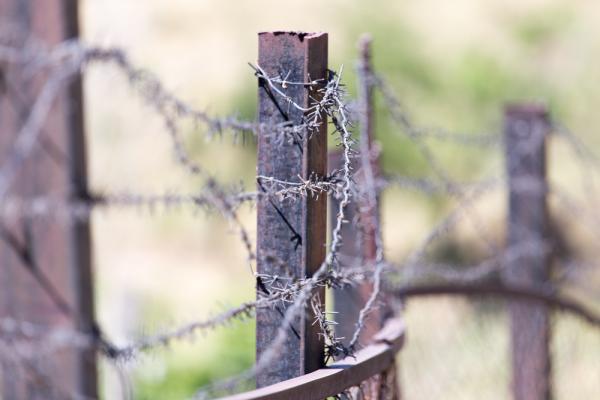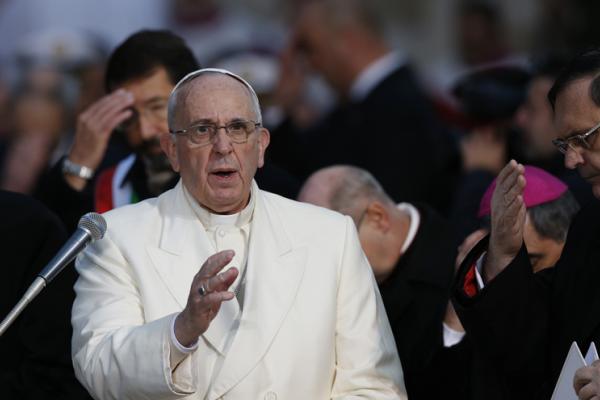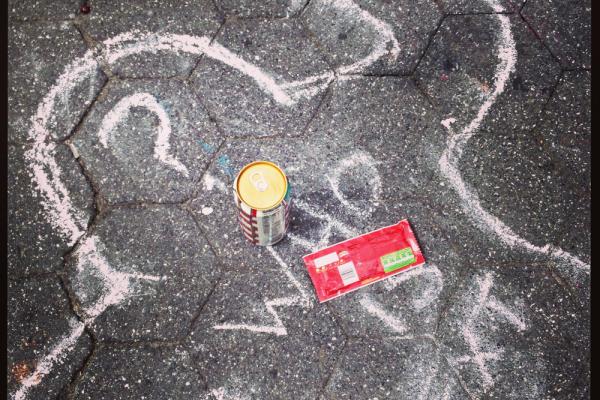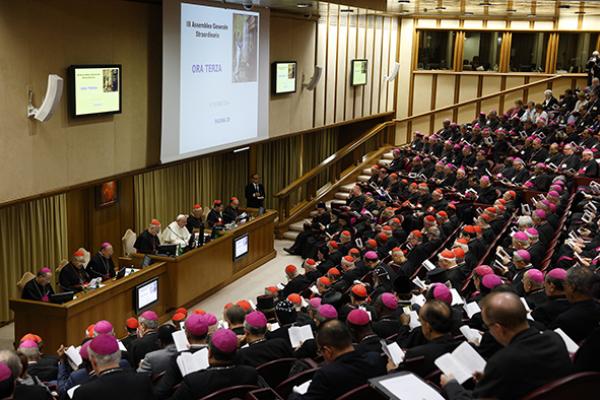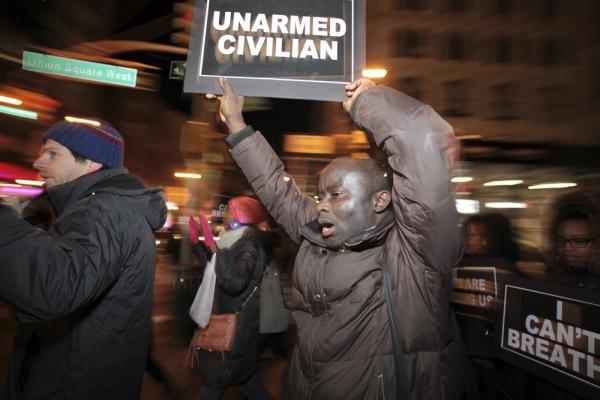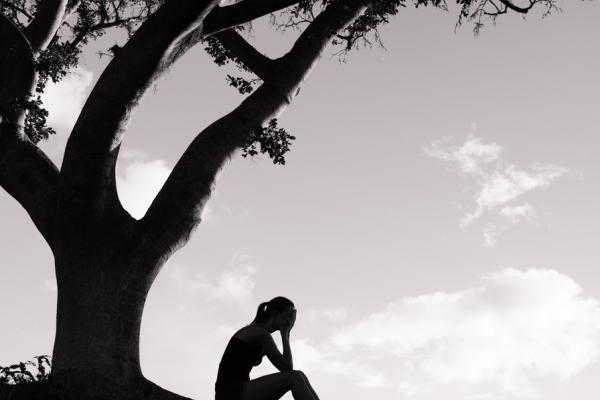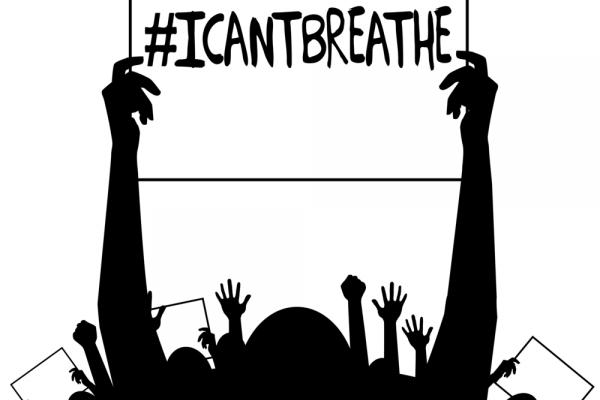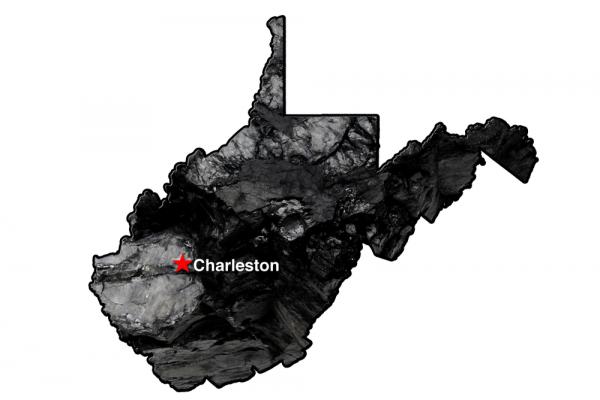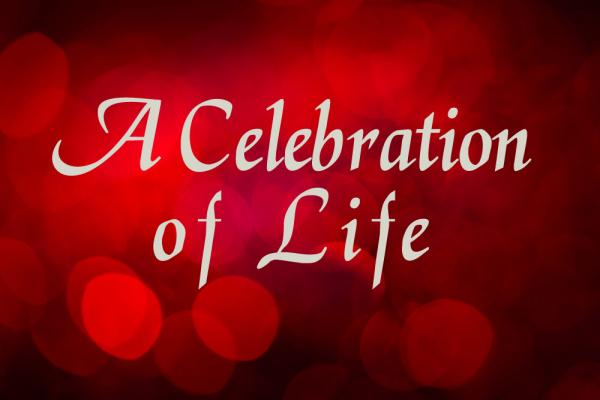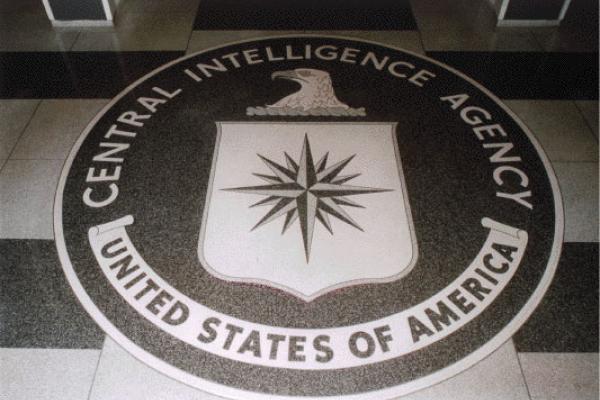The release of a 600-page executive summary of the CIA torture report on Tuesday gave confirmation and imagery to many of our saddest suspicions and vague understandings of the CIA’s use of torture. The report, conducted by the Senate Intelligence Committee between 2009 and 2013, reveals that the U.S. carried out post-9/11 “enhanced interrogation techniques” in an ineffective and fear-fueled effort to prevent terrorism. In an attempt to protect our nation, we lost our values, and then tried to destroy the evidence. Still, many shameful specifics are now public knowledge:
Interrogators have exposed detainees to dark, cold isolation, forced rectal feedings, threats to family members, simulated drowning, 180 hours of sleep deprivation, and much more. The Justice Department still hasn’t pressed any federal charges.
This government transparency is new, but the sins are old. Sojourners has advocated for the end and exposure of U.S. torture techniques for years. Take a look at the Sojourners articles below to learn more about the effects of the program and the dreary history that precipitated the report.
When Pope Francis this month wanted to highlight his appointment of several women to a blue-ribbon theological commission, he called the female theologians “strawberries on the cake.”
Yikes.
Two weeks earlier, when the pontiff gave a speech to the European Parliament, he used another lady-based analogy, this time underscoring the continent’s demographic decline and cultural crisis by comparing Europe to a grandmother who is “no longer fertile and vibrant.”
Ouch.
Yes, Francis is a veritable quote machine, tossing off-the-cuff bon mots that the public finds enormously appealing in large part because they are coming from a Roman pontiff — not an office known for its improv routines.
But when he speaks about women, Francis can sound a lot like the (almost) 78-year-old Argentine churchman that he is, using analogies that sound alternately condescending and impolitic, even if well-intentioned.
The stories of young black men being killed by white police are sparking a national conversation. However, public responses to these painful stories reveal an alarming racial divide. From an unarmed teenager killed in Ferguson, Mo.; to a 12 year-old boy shot dead in Cleveland; to a white police officer on video choking a black man to death in New York City; and a startling series of similar stories from across the country and over many decades — our reactions show great differences in white and black perspectives.
Many white Americans tend to see this problem as unfortunate incidents based on individual circumstances. Black Americans see a system in which their black lives matter less than white lives. That is a fundamental difference of experience between white and black Americans, between black and white parents, even between white and black Christians. The question is: Are we white people going to listen or not?
White Americans talk about how hard and dangerous police work is — that most cops are good and are to be trusted. Black Americans agree that police work is dangerously hard, but also have experienced systemic police abuse of their families. All black people, especially black men, have their own stories. Since there are so many stories, are these really just isolated incidents? We literally have two criminal justice systems in America — one for whites and one for blacks.
Are there police uses of force that are understandable and justifiable? Of course there are. If our society wasn’t steeped in a gun culture, many of these shootings could be avoided. But has excessive, unnecessary, lethal force been used over and over again, all across the country, with white police killing unarmed black civilians? Yes it has, and the evidence is overwhelming. But will we white people listen to it?
Pope Francis used his weekly audience Dec. 10 to challenge media reports of “clashes between factions” at the recent bishops’ synod on family issues.
“Some of you have asked me if the synod fathers fought,” Francis said. “I don’t know if they ‘fought,’ but they spoke forcefully. This is freedom. This is just the kind of freedom that there is in the church.”
In a bid to set the record straight, the pope acknowledged the extensive media coverage of the global gathering in October and likened it to “sports or political coverage.”
“They often spoke of two teams, pro and con, conservatives and liberals,” the pope told thousands of pilgrims in St. Peter’s Square.
“There was no clash between factions … but a dialogue between the bishops, which came after a long process of preparation and now continues, for the good of the family, the church, and society. It’s a process.”
At the point of the writing of this article, it has been 124 days since unarmed 18-year-old Michael Brown was shot six times and killed by Ferguson police officer Darren Wilson.
Blocks from the spot where Brown lay dead in the tightknit Canfield neighborhood of Ferguson, Mo., protestors filled West Florissant Avenue, where Brown had been only minutes before his death. They were met by the local police force decked out in camouflage and body armor, armed to the gills with military-grade weapons, and rolling around in armored cars. Many commented that the streets of Ferguson looked like Fallujah.
It was both shocking and clarifying at once.
For the first time, Americans witnessed real-time outcomes of the National Defense Authorization Act, which funnels military weapons left over from past wars to local police municipalities across the country — in theory, to fortify local efforts in America’s drug war. Cable news cameras swarmed as wartime weapons, tactics, and protocols were enacted on unarmed, mostly black citizens exercising their First Amendment rights to assemble and exercise free speech.
Here’s the thing about war: There are only enemies and allies. There is no in-between.
This Advent I am grateful for the gift of hopelessness. Yes, you read that correctly. This past year has been full of heartbreak, suffering, and lament. It follows on the heels of nearly two years of unemployment, financial insecurity, and stress-related health issues. Any hope to which I once clung — any hope outside of God, that is — has been destroyed.
And for that I give thanks.
This summer, as I waited anxiously to hear what was strangely afflicting my father (who had already had several health scares and a heart attack), as I nursed a broken heart and came to grips with personal disappointment, as I watched how a once rosy-outlook turned to a heavy-grey, I learned the true meaning of hope. Everything in this world will break or decay or simply fade away. Nothing here is permanent and even the most seemingly perfect and ideal situation has at least a hairline crack.
Our nation stands at a crossroads moment as the simmering crisis around policing and our justice system reaches a boiling point. Recent cases of police violence in Ferguson, Cleveland, and now Staten Island have stirred an awakening around what is increasingly understood as a pervasive and pernicious problem in America in which black lives are too often treated differently when it comes to police accountability and criminal justice.
Last week, I had the privilege of participating in a retreat with other faith leaders convened by Sojourners to learn about and make common cause with the ongoing efforts to seek justice in the tragic death of Michael Brown Jr. We spent a day talking to local faith leaders and young activists. We visited the memorial site in Ferguson where Brown was tragically killed and the streets where 120-plus days of protest have ensued. While it was heart-wrenching to stand and pray at the site where Brown was killed, I left the two days filled with a resilient sense of hope based on our conversations and interactions with a cross section of young people, most in their early to mid-20s, who embody modern-day freedom fighters. I hope we as a nation can listen to their voices and come to know their stories as we seek answers around what our response should be.
Young activists at the center of the protest movement in Ferguson are refusing to accept cosmetic change or symbolic commitments; instead they are fighting to transform their community and our nation so that neither punishment nor privilege will be systemically or viciously tied to the color of our skin. In the process, these young activists are picking up the broken pieces of the civil rights struggle. Their courage, willingness to sacrifice, and bold vision gave me a great deal of hope for what America can be.
Like sifted coal, the dust is settling after the recent election in the “War On Coal” zone in West Virginia and Kentucky. Ungloved fisted hands lifted high in victory, King Coal. Knocked out cold on the canvas, contenders misleadingly accused of having President Obama and his dreaded coal-killing EPA in their corner.
The campaign propaganda was drearily repetitive. The syllogistic script for Republicans, “My opponent is a Democrat. President Obama is a Democrat whose EPA is killing coal jobs. Therefore my opponent will kill your coal jobs.” Democrat candidates protested vigorously, “As top priority, we will fight to bring the EPA to its knees, and bring coal jobs back!”
It’s been decades since any semblance of a coal boom economy. Comparable coal tonnage is still coming out of Appalachian ground. Machines and explosives began replacing most of the miners in the 1950s. In recent years, Appalachian coal commerce has been facing competitive market realities of cheaper coal mined further west along with a natural gas surfeit. With thicker, accessible Appalachian coal veins long mined out, profitability can still be realized by shaving environmental and safety corners and restoring market demand. The Environmental Protection Agency stands in the way, or so mining communities are told.
I turn to the EPA website and read, “the mission of EPA is to protect human health and the environment.” The first listed EPA purpose is that “all Americans are protected from significant risks to human health and the environment where they live, learn and work.”
For the past several years, I have been less outwardly celebratory during the Christmas season. No wreaths, trees, or bad sweaters for me; I have chosen to be introspective during the end of the year season in order to keep my focus on the true meaning of Christmas. This has become increasingly difficult, as the process of commercializing the celebration of Christ’s birth begins right after Halloween and extends itself until after the nation celebrates the life of Dr. King in January. This year, it has been increasingly difficult to concentrate on this Season of Advent in light of all of the anger and protests going on around the country. The protests over grand jury decisions in both the Michael Brown (Missouri) and Eric Garner (New York) cases and the heartbreak and anger over the deaths of Tamir Rice (Ohio) and Akai Gurley (also in New York) have served for me as a reminder that we need to rally around life.
Many of those critical of the decisions in these cases say that black lives do not matter, and there is some validity to that in a nation that has never truly been delivered and healed from the effects of chattel slavery. Those on the other side say that these cases have gone to the judicial system and that the system should be respected, the issue dropped, and that personal responsibility is the mindset that will move the nation forward. While there is truth in both of those opinions, I am led to think of the joy the families of these dead men and boys must have felt at their birth – a moment of endless possibilities – and I also think of the finality – the end of chances represented by their deaths.
The release of the Senate Intelligence Committee’s report detailing the CIA’s brutal post-9/11 torture program is a watershed moment for the values of our nation. The report contains some serious truth-telling. The CIA consistently lied to Congress, the DOJ, White House staff, and the public about its torture program. The torture program’s cruelty was much worse and its effectiveness far less than Congress and the general public were led to believe. The CIA violated a court order by destroying videotapes documenting torture, and used bribes to secure secret sites used for torture in a number of countries. This isn’t an example of our government at its best; it’s an example of how to carry out a cover-up.
The entire rationale for the CIA’s torture program is undercut by the conclusions of this report. In the words of Committee Chair Sen. Dianne Feinstein (D-Calif.), as she spoke about the report on the floor of the Senate, “Even if one were to set aside all of the moral arguments, coercive interrogation techniques did not produce the vital, otherwise unavailable intelligence the CIA has claimed.” Immoral and illegal, we now know that the program was also ineffective.
A broad array of faith leaders have responded to the Torture Report by condemning the CIA’s torture program. For followers of some faiths, torture violates the image of God; for others, it is an intrinsic evil. People of all faiths, though, hold human life to be sacred, and the long shadow torture casts on the moral integrity of our nation represents a travesty of justice as well as a flagrant violation of human rights. Dr. Roy Medley, General Secretary of American Baptist Churches USA, makes a plea that could almost serve as a benediction to the whole sordid chapter of this history of torture: “May God give us the moral courage to never again betray the core principles that have guided our nation as a leader in the struggle for human rights.”
Now the hard work in Congress begins to ensure that torture never, ever happens in the name of our nation.
